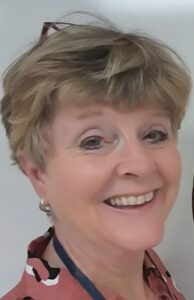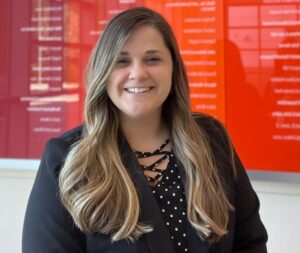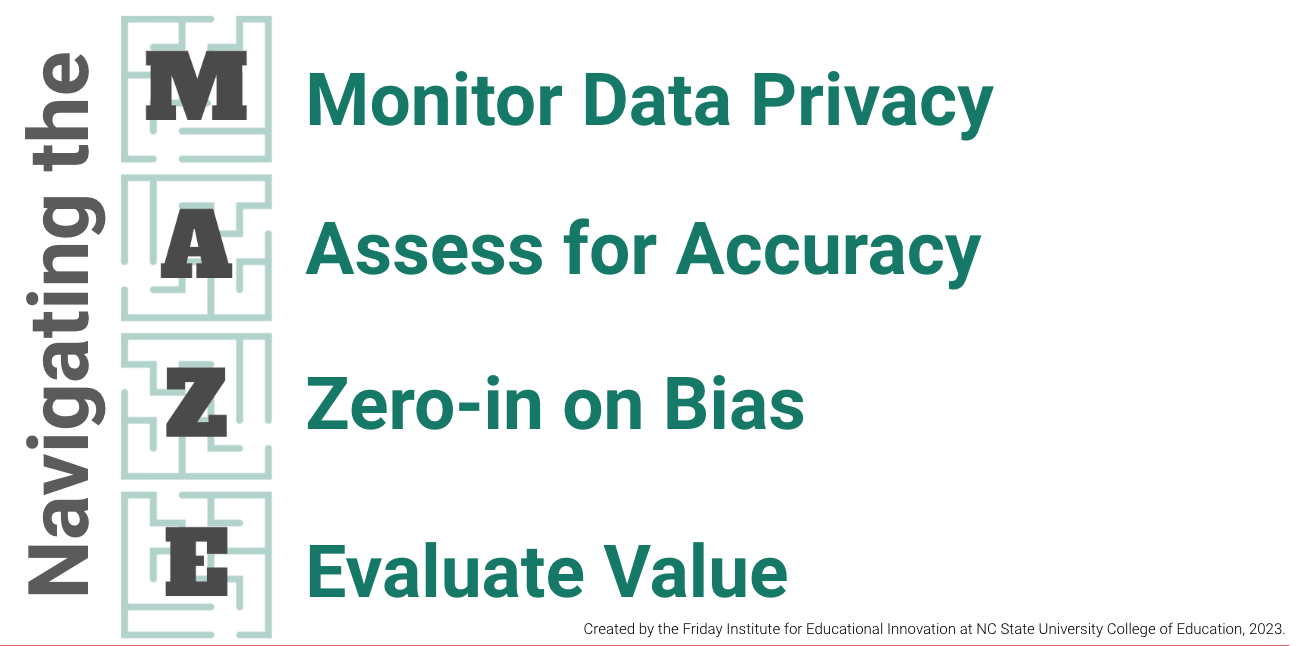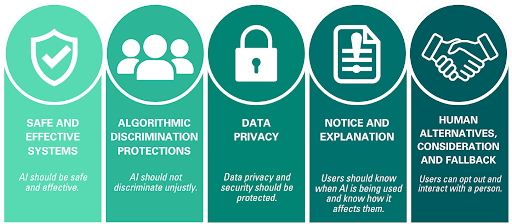Spotlight on Linda Robinson: Bridging Language Gaps and Enhancing Learning Through Computer Science Education

Linda Robinson, an AIG and advanced learner teacher at Fox Road Elementary School in the Wake County Public School System, shares her journey of professional growth through the Making CS Stick professional development program. This initiative served as a catalyst for Linda to explore innovative ways of incorporating various forms of technology into her teaching. Making CS Stick not only introduced her to valuable tools and resources but also connected her with organizations that support and sustain technology-integrated teaching.
Enhancing Student Engagement with Code.org
Linda’s commitment to student success goes beyond the classroom. She has observed significant changes in student engagement since implementing what she learned through Code.org. Recognizing the diversity in her student population, with over 40% speaking languages other than English at home, Linda leveraged Code.org’s adaptability to create accounts in students’ native languages. This simple adjustment has been a game changer, allowing students to learn in their preferred language until they acquire the necessary English proficiency.
Overcoming Challenges in Promoting Computer Science Education
Promoting computer science education comes with its challenges, and Linda acknowledges the importance of tying technology tools to specific academic priorities. She emphasizes that showcasing the ability of technology to enhance students’ performance in reading and math is crucial for garnering teacher and student commitment.
Effective Strategies in Addressing Challenges
Linda has found success in demonstrating how technology tools, such as coding, can contribute to mathematical thinking. By linking computer science to the math and ELA curricula, she has gained enthusiastic support from teachers. This approach not only enhances engagement but also aligns with the broader academic goals of the school.
Advice for Educators Interested in Computer Science
Linda’s advice to fellow educators is clear: stay informed about developments in technology and computer science. She believes that this awareness is critical for preparing students for their future, providing them with the skills needed to succeed in the working world, even without a college education.
Looking Ahead: Future Endeavors in Computer Science Education
Linda expresses the importance of strengthening the ties between computer science and the math and ELA curricula. The more connections that can be made, the more likely teachers will embrace and integrate computer science into their teaching practices.
Linda Robinson’s story exemplifies the transformative power of computer science education. Her dedication to enhancing student learning and overcoming challenges serves as an inspiration for educators everywhere. As we celebrate Computer Science Education Week, let Linda’s journey motivate us to continue fostering innovation and inclusivity in the world of K-12 computer science education.

- Categories:


